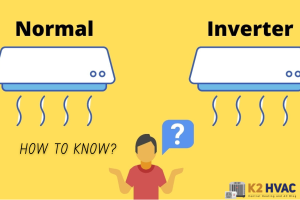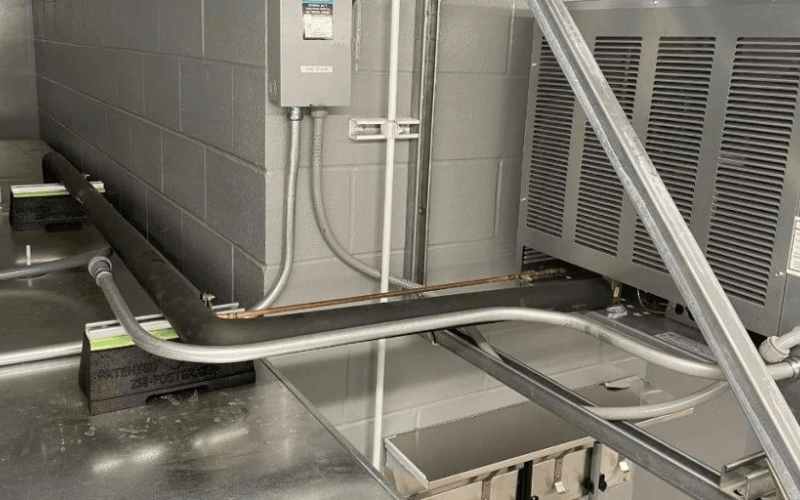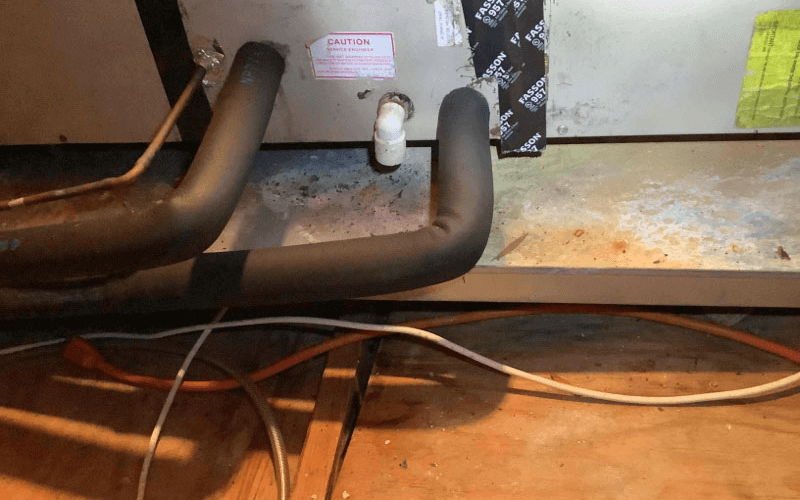Homes frequently utilize gas water heaters to supply hot water for cleaning, cooking, and bathing. Will a gas water heater function without electricity? This is a question many people have. Both yes and no is the answer to this question. This is because the water heater only has a pilot light powered by electricity; everything else is driven by air. The operation of gas water heaters and what transpires during a power loss will be covered in great detail in this article.
Table of Contents
ToggleWhat Is A Gas Water Heater?
Your gas water heater is one of the energy-efficient appliances. Electricity can be used to warm the water in the tank quickly. The monthly electricity bill will be quite low if you don’t mind making a significant initial investment.
The gas water heater is linked to electricity to create the spark required to run the pilot light. But after being turned on, the pilot light stays on. Gas water heaters are, therefore, more energy-efficient and take less energy to run.
What Is A Pilot Light On A Gas Heater?
To heat the water, the pilot light must be lit. It’s easy and safe. Turn on your gas and use the electric pilot light. This heat source can keep your water hot for a long time. You will no longer have to wait for hot water or hot water.
Also, Read: How To Adjust The Temperature On Gas Water Heater
Does Electricity Power The Gas Water Heater?
A gas heater operated by a pilot the pilot light will operate without electricity. When there is a power outage on gas heaters powered by electric ignition, the water in the tank heats up for a short time. Once cooled, it cannot be reheated until power is restored.
Pilot-controlled gas heaters are useful because they are dependable in which continuous gas pilot light is used. So, regardless of whether you have power, the Pilot Light will heat the water. As a result, hot water will be constantly available.
Some gas heaters have tanks. They look similar to regular electric heaters. However, they use a pilot light to warm the water. The water in a tank-style electric gas heater will remain warm for several hours. But without electricity, you can’t reheat it. If you have a pilot-light-operated heater, it will still work even if the power goes off. The darkness will not prevent you from enjoying a hot shower.
The tankless heater does not offer the same benefit. Tankless heaters are convenient on the one hand. They are small and simple to install. They are also less expensive to maintain and repair than typical gas heaters.
You don’t have to wait for the water to heat up because they don’t have a tank. The heating technology rapidly heats the water. As a result, persons who have tankless heaters can shower at any time.
However, if something goes wrong and the tankless heater fails, you will be without a temporary hot water reservoir for the next few hours. This type of on-demand gas heater has an electric control panel. In other words, they are unable to work during a power outage.
Also, Read: Is Gas Water Heater Exhaust Dangerous?
Is It Better To Use a Water Heater With Or Without Electricity?
Gas water heaters are more cost-effective in the long run. In a typical home, a gas heater may cost $36 per month. Furthermore, electric gas heaters cannot be used during a power outage.
Initially, gas water heaters with electric components were less expensive than gas heaters without electric components. You may install one for $1000 instead of the $3000 a gas water heater may cost. Electric ignition-controlled water heaters are more common in normal homes than pilot light-controlled water heaters.
However, the difference in long-term expenditures is greater for those who have strong electric gas heaters. Consider this before purchasing an electric gas heater. Yes, they are less expensive. However, operating them will cost you more money. An electric gas heater will not save you money.
Gas Water Heater Maintenance.
A gas water heater, like any other appliance, requires upkeep. You want to get 8-12 years out of it before replacing it. It’s a good idea to flush the water heater yearly to clean the dirt from the bottom.
Here are some suggestions for upkeep:
- Drain the water heater.
- Reset the temperature if necessary, regardless of whether you have gas or electricity.
- Turn off and on your gas water heater.
- Switch the water heater to vacation mode when you leave on vacation.
- If leaks are detected, tighten the drains.
- Check the heat sink, commonly referred to as T&P or TPR.
- Set the temperature to 120 degrees Fahrenheit.
Conclusion.
If the power goes out, you should turn off your gas heating system immediately. If the voltage fluctuates when the supply is restored, damage may occur. As soon as the power comes back on, you can turn it back on.
A gas heater with a pilot light will work even when the power is off. On the other hand, in the absence of an electrical source, a normal water heater will stop heating the water. The length of time the water remains hot depends on the size, location and insulation of the heater. If you have frequent power outages, consider installing a generator in your home (with a gas heater).
FAQ.
Is electricity used to power gas water heaters?
In a gas water heater, a small pilot light or flame starts the gas heater that heats the water. As a result, gas water heaters can operate without electricity, keeping them running even during power outages.
If there is no water, will a gas water heater work?
While many water heaters can operate for short periods of time without water, a drop in water level or water pressure can cause heater components to overheat and burn and consequently damage your water heater.
Is air necessary for a gas water heater?
The combustion process requires adequate amounts of oxygen. The buildup of gas from water heaters reduces the amount of oxygen in the air if it does not flow adequately.





















